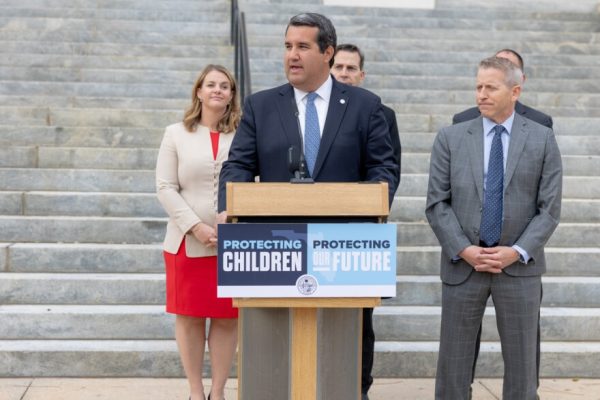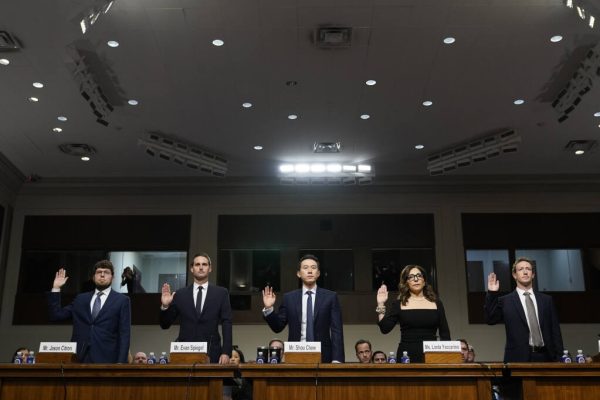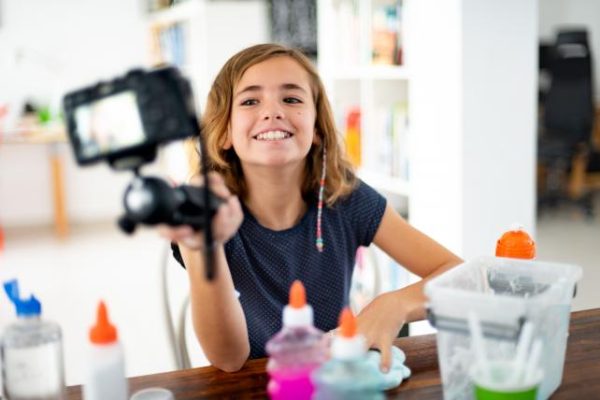Human Trafficking Assembly Raises Awareness
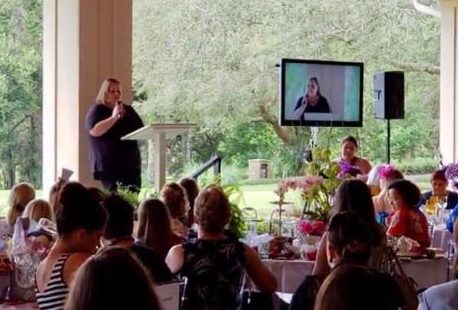
Human trafficking survivor, Savannah Parvu, spoke about her past during the Zoom assembly on Jan. 28. She has spoken at a number of events sharing her experience to help educate others.
Often, people don’t want to have difficult or uncomfortable conversations; however Benjamin has always been a school that works to raise awareness through assemblies dedicated to topics such as suicide prevention, drunk driving, and most recently, human trafficking.
Human trafficking is an issue that not many people choose to discuss due to the dark nature of the crime, but according to dosomething.org, about 50,000 people are trafficked into the United States every year, and inservice.ascd.org states that it is “the fastest growing organized crime against humanity in the world.”
Despite the high statistics and jail time for the crime, few schools actually take time out of the school day to educate their students about these topics; Benjamin does. In an assembly on Jan. 28, Jamie Bond, Place of Hope’s Director of Development, and Savannah Parvu, the survivor leader from the film, The Human Trap,were guest speakers who educated Benjamin students about human trafficking. Charles Bender, Place of Hope’s Founder and CEO, also attended the Zoom, although he did not speak.
Bond has been working with Place of Hope for six years and wants to create a safe place to education students about the dangers that they might not realize they are exposed to.
“Traffickers are local people. They could look like you or me. They can be male or female or all ages and of all different backgrounds. I’m just hoping that students are not in the mindset of ‘oh this could never happen to me.’ I want them to realize that this could be happening to their friends and to advocate and be aware of it,” she said.
Senior Sam Ende, one of the presidents of the Place of Hope Club, introduced Bond during the assembly. She feels that her work with Place of Hope, both through the School and personally, has opened her eyes to the challenges children, specifically foster children, face.
“I think that we as a school community aren’t exposed to the horrors of human trafficking, so it’s easy for us to not be worried about it,” Ende said. “After hearing so many horrible stories about human trafficking through Place of Hope, I’ve realized that it really can happen to anyone in many different situations. I think that we all need to be thoroughly educated so that we can prevent these situations as much as possible.”
Dr. Amy Taylor, Director of Upper School Student Services, worked to make this assembly possible, and emphasized the importance of educating all students, regardless of their background about this topic due to the high rate of child trafficking in Florida.
“As a school, we feel an obligation to our mission of developing the whole child to raise a level of awareness about these issues which could potentially impact our student population,” She explained. “Attending Benjamin doesn’t protect you from what is happening at alarming rates in our society.”
In addition to hearing from the guest speakers, students were guided by advisors through peer-to-peer open discussion forums during which they could share their thoughts on the assembly’s main issues.
“I hope the discussions serve to broaden our knowledge and perspective of life outside these fences, to not just serve as education, but also as prevention. I also want kids to feel comfortable discussing topics outside the academic curriculum, knowing this is a ‘safe’ place,” Dr. Taylor added.
Although the Benjamin community may not seem like a place where human trafficking occurs, no one is immune to these risks. If you know anyone who seems to be struggling, contact Dr. Taylor or Dr. Yates in student services. If you suspect someone is a victim of human trafficking, call the National Human Trafficking Hotline at 1-888-373-7888.
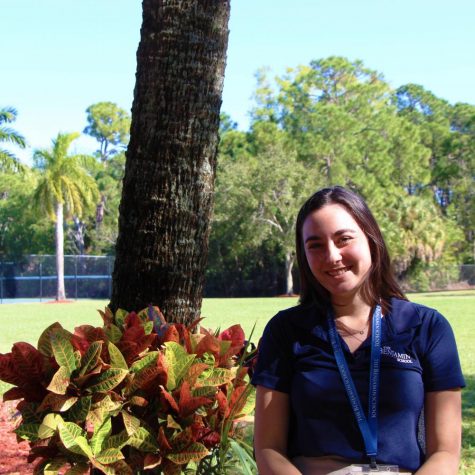
I'm Skyler Zur, and I am a senior at Benjamin. I am the Co-Editor-in-Chief of The Pharcyde, and I have been a member of the newspaper for four years. I...



